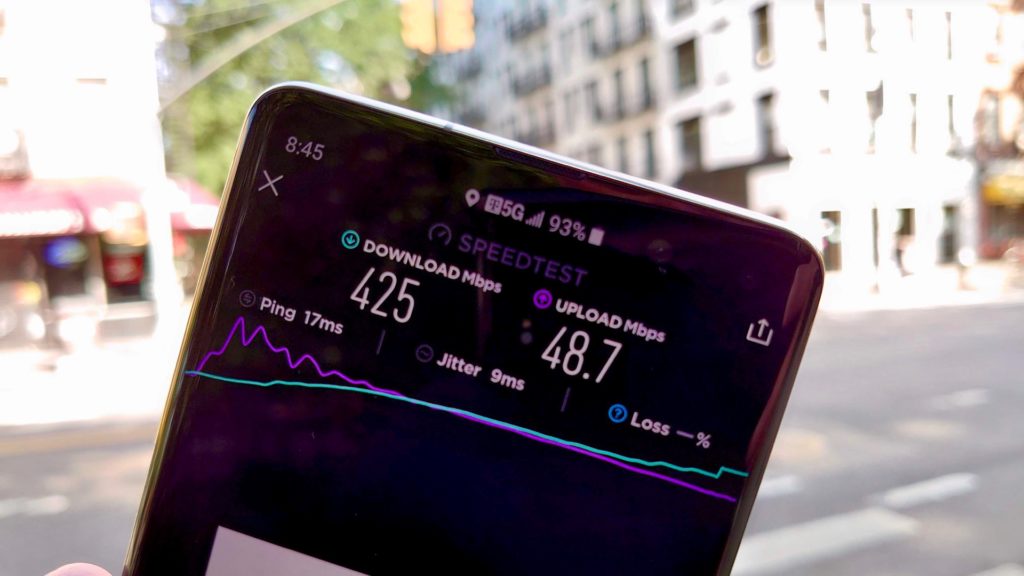The tech space in Uganda has been excited, since the end of last week, with the news that the telecom company MTN is to start testing 5G superfast mobile internet in Uganda, a first for East Africa.
Part of the live 5G demonstrations that MTN is experimenting in Kampala include showcasing real life applications of 5G technology such as cloud virtual reality, bionic robots, buffer-less 4K streaming, among others.
We are now live to showcase 5G a first in Uganda.
— MTN Uganda (@mtnug) January 17, 2020
Let's #ExperienceTheFutureTogether pic.twitter.com/yafUjT4M4P
Interestingly, this is not the first time 5G is put to test in Africa. MTN has already done similar live 5G demos in Nigeria and South Africa; with Nigeria highly hopeful to start rolling out 5G in select cities in 2020. South African data provider rain offered 5G customers in parts of the country, while Gabon Telecom also did tests on 5G mobile in Libreville. Not to forget, even Lesotho has keen interest in the next generation of connectivity.
But the bigger question to be answered is: Is Uganda really ready for 5G?
What is 5G?
5G is the abbreviation for fifth generation. It’s the next generation of mobile internet technology and comes on the heels of the 4G LTE standard. The new tech is predicted to offer amazing yet faster download and upload speeds, with websites opening in microseconds, and videos downloading in seconds.
The other aspect expected of 5G is the least latency or lag when using your internet, such as when talking on WhatsApp or playing video games online.
To run on your device, 5G makes use of radio waves to transmit and receive data between an antenna or mast and your phone. Unlike the earlier technologies, it relies on higher radio frequencies.
Key to note is that 5G networks need a denser network of base stations or masts to operate successfully, and is better suited for areas with a dense population – such as urban areas where many people are going online at the same time.
Are we about to have 5G in Uganda and East Africa?
GSMA once reported on 5G in Africa, and estimated that by 2025, only seven African countries, including South Africa, Nigeria and Kenya, will have 5G by 2025. And this will account for only 3% of mobile data compared to 16% globally.
To this, enterprises and public institutions will be the initial 5G customers and that they will access 5G via a fixed access point. This means that it will take a while for 5G to be fully available for mobile devices.
GSMA also believes that 5G will be a key enabler of the Fourth Industrial Revolution, as technology is seamlessly embedded within society and especially in commercial and industrial processes. This improved capability and performance will come from a more advanced core network, increased spectral efficiency and capacity, and further network densification.
The costs of 5G
Governments need to develop regulations to allow for a 5G rollout. Also, telcos have to incur the infrastructure costs that come with the advancement. They need to build the vast network of masts or antennas to transmit the signals.
Plus, a mobile carrier can’t launch full 5G services until the country’s communications regulator holds a spectrum auction to sell the rights to transmit over specific frequencies. This calls for expensive investment.
Then the question of affordability also comes in. It’s been written that “If African consumers can’t afford 4G, they certainly won’t be able to afford 5G or the new devices necessary to use 5G on a smartphone.”
We can only wait! Give us your thoughts on 5G in Uganda, East Africa, and Africa as a whole.


